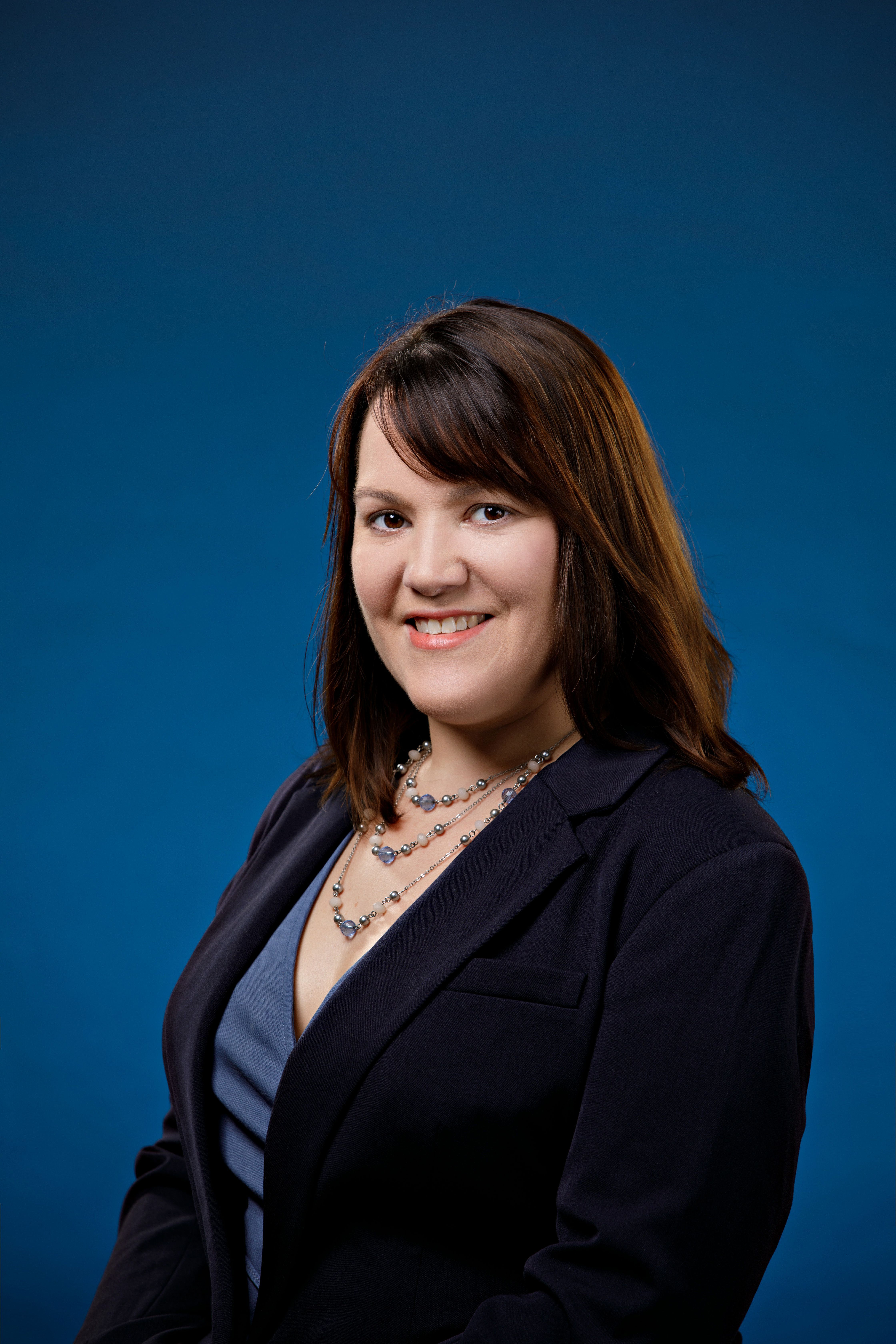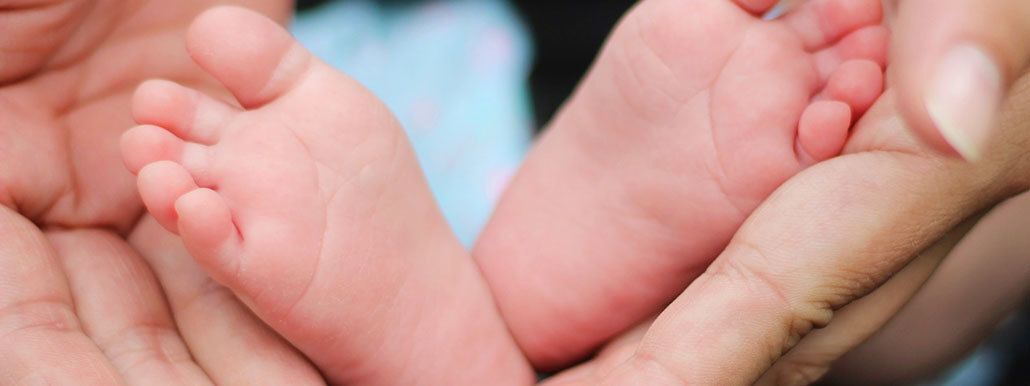
Central Jersey Family Health Consortium is excited to announce Cheryl McFarland, PhD and the Department of Evaluation and Analytics have been selected as 1 of 10 awardees to move on to the final phase of the National Institute of Health’s three phase challenge, Connecting The Community for Maternal Health. This challenge is part of the White House Blueprint for Addressing the Maternal Health Crisis in an effort to address the rates of pregnancy-related complications and death in the United States. Currently in the U.S. an estimated 700 people die of pregnancy related complications each year, of that Indigenous and Black people are two to three times more likely to die from pregnancy related causes than their white counterparts. These numbers are among the highest of all developed nations, and double that of our peer countries, like the UK, Australia, Spain and Germany.
This challenge, sponsored by the Eunice Kennedy Shriver National Institute of Child Health and Human Development (NICHD) as part of the NIH’s Implementing a Maternal Health and Pregnancy Outcomes Vision for Everyone (IMPROVE) Initiative, is $3 million dollar competition encouraging community-based and advocacy organizations in the U.S. to develop infrastructure and capabilities necessary to conduct maternal health research. The challenge involves cash prizes as well as training and mentoring in writing proposals and building infrastructure. NICHD Director Diana W. Bianchi, M.D. said, “This challenge aspires to enhance nonprofit organizations’ capabilities to design and conduct research projects focused on maternal health needs identified by the communities they serve.” The first phase consisted of a one-page summary in which organizations, like CJFHC, introduced themselves and their research idea. This phase included access to research and training materials to help organizations develop their ideas. The second phase consisted of a $10,000 award and 10 weeks of personalized training to produce a proposal for their research. The third and final phase is the research phase, in which organizations will have one year and $150,000 to conduct and implement their proposed project plans, gather research, and report their findings. This phase also includes one-on-one mentorship from NIH consultants.
Dr. McFarland’s proposal, “Can It Happen to Me? Developing a Maternal Morbidity Risk Prediction Tool,” seeks to develop a data-driven tool to identify maternal risk factors and pregnancy outcomes. The study will include all claims data for pregnant people in New Jersey who had a live birth or fetal death between 2017 and 2021. The researchers will determine the rates of severe maternal morbidity in New Jersey by race and ethnicity and investigate the influences of individual and community factors on severe maternal morbidity and mortality. The team will develop and validate a pre-pregnancy maternal morbidity risk algorithm to stratify people by levels of risk based on the complex medical conditions that can impact health during and after pregnancy. This study may aid development of specific interventions for populations at higher risk.
The proposed project has the potential for substantial impact on the maternal health landscape. We will learn the incidence of severe maternal morbidity in New Jersey and have a more detailed understanding of the racial disparities in maternal health outcomes. We will also gain knowledge regarding cumulative risk associated with medical history, individual-level and community-level factors. The benefits of this work will include yielding a better understanding of the patient risk pool, and improving services to mitigate the risk thereby decreasing cost associated with severe maternal morbidity. This will also provide physicians an empirically derived tool to assess patients and to alter their care based on results, and improve surveillance of patients during pregnancy and morbidity outcomes. Community-based organizations will also be able to offer enhanced evidence-based programs targeted specifically to those at highest risk and offset cost of hospitalizations with our program. We can also identify communities where further spending on public health care may have a larger impact.
Dr. McFarland and the evaluation and analytics team are excited to move on to this next phase of the challenge and use data to improve health outcomes for our community members and continue CJFHC’s mission of ensuring a legacy of health, one family at a time.


